
Stem Cells to Treat Chronic Laminitis: The Sooner the Better
Researchers are studying whether stem cell therapy could help stabilize chronic laminitis cases.


Researchers are studying whether stem cell therapy could help stabilize chronic laminitis cases.
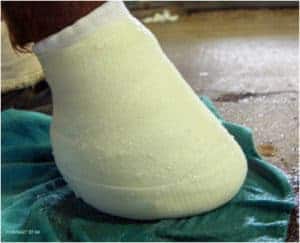
Complicated laminitis cases carry a poor prognosis, but some have responded to treatment with foot casts.

Managing a horse with chronic laminitis is hardly a one-man job. Both veterinarian and farrier expertise is required to rehabilitate and maintain these horses’ feet for the best possible outcome.

Diet plays a very important role in managing insulin-resistant horses. Learn how you can use nutritional planning to manage this condition.
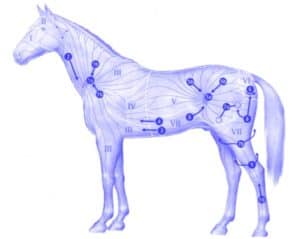
One researcher believes manual lymph drainage might help speed recovery in affected horses.
The day after I purchased my first post-college, adult-life horse, Helios, I called my chosen equine insurance company and created a policy for him. I

Because there’s no one-size-fits-all formula to managing laminitic horses’ pain, owners should work with their veterinarians to tailor a multimodal approach for each individual case.
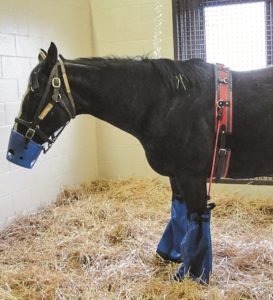
Researchers found that horses with evidence of colitis that received preventive cryotherapy were 10 times less likely to develop laminitis than horses that did not receive ice.
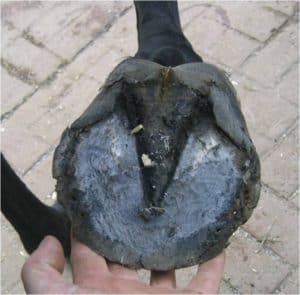
Researchers recently confirmed that horses with collapsed heels have impaired hoof deformation and, hence, shock absorption.

During pregnancy, a broodmare’s body and hormones go through many changes. And the endocrine changes associated with pregnancy might actually increase the mare’s risk of developing laminitis.
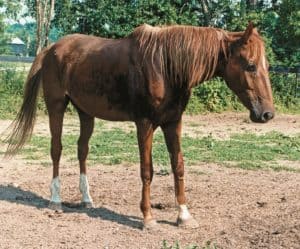
One researcher believes studying diseases, like laminitis, in a real-world setting has both strengths and limitations.
If you didn’t already notice by the slew of laminitis-related stories surfacing on TheHorse.com’s news feed, I recently returned from the biennial International Laminitis Conference.

Brazilian researchers studied the drug reparixin’s effects on horses with experimentally induced laminitis.

One researcher says it’s unlikely that every obese horse is at risk of developing EMS and laminitis.

The risk factors associated with laminitis are many. But which are most important for owners to watch for?

Researchers identified a number of novel laminitis risk factors, including management-level factors.
Stay on top of the most recent Horse Health news with